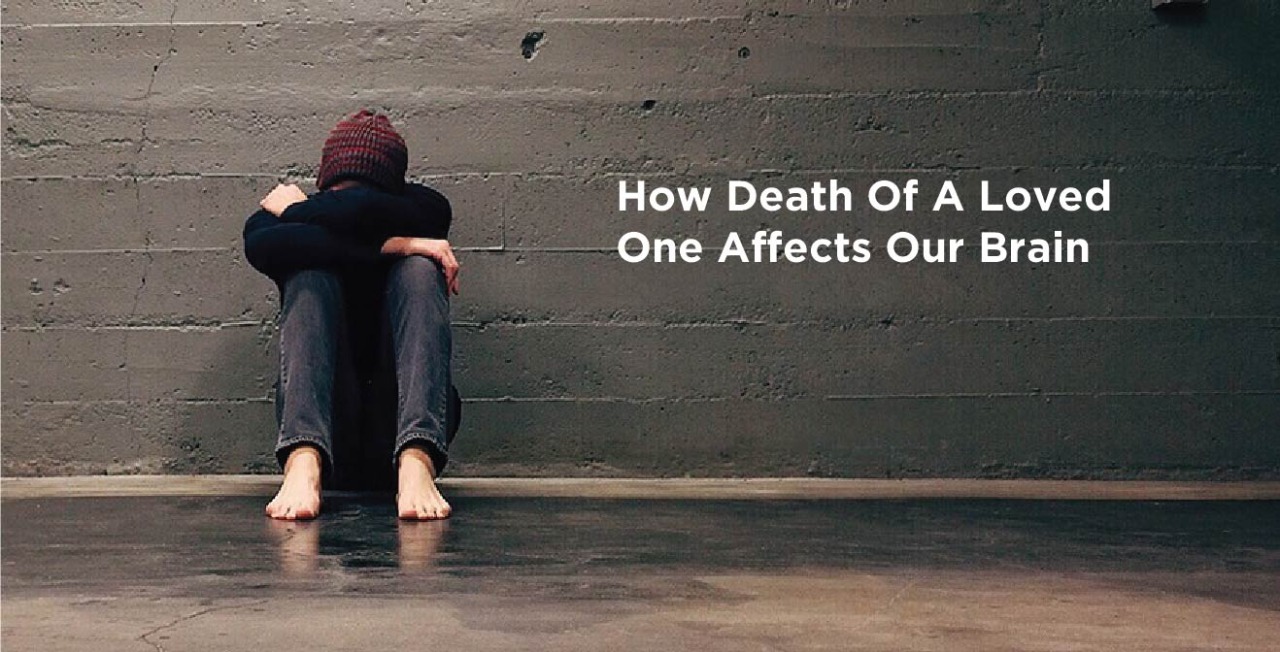The sudden passing away of a loved one can be extremely difficult to deal with. Getting to the root cause of the issue is what can truly eliminate the anxiety, stress, depression, and more.
The year 2020 has been trying to say the least. Aside from the pandemic that has forced us to stay put at home for several months, the constant influx of negative news, along with the multiple deaths around us has done significant harm to people’s mental health.
And for those who have lost a loved one to Covid-19 are trying to push through each day, carrying immense pain and suffering in their hearts and minds.
So what exactly happens to our brains when we lose a loved one suddenly?
Our bodies and minds react in stages. When one gets the news of a partner/child/parent/friend/relative passing away suddenly, there’s a range of emotions that they go through ranging from shock, to stress, to anxiety, to depression, to PTSD (Post Traumatic Stress Disorder) and more.
But have you wondered about what mechanical responses in the brain actually lead one to feel these emotions?
Only when we understand and educate ourselves about that, can we get to the root of mental health issues and eliminate them completely.
Grieving has five stages- denial, anger, bargaining, depression, and acceptance. During this process, the relationship between the amygdala and the frontal lobe of your brain- a region that controls emotions and stress-response- gets activated.
As a result, feelings of sadness, loss, anger, etc., disrupt one’s normal brain functioning, in turn causing an imbalance in the signals that are sent to the rest of our body.
Grieving can cause changes in chemicals that are found in the brain like dopamine and serotonin, which are responsible for making a person feel happy.
As a result, the sudden death of a loved one can cause these chemicals to be out of balance. The shock and sadness that one experiences during such an event also has an impact on the limbic system (system of nerves and networks in the brain) as well as the prefrontal cortex.
This directly affects our ability to regulate our emotions, our memory, our ability to multi-task, and our concentration levels.
The chemical changes in the brain can also give rise to hormonal imbalances, thus affecting one’s sleep patterns and causing anxiety and restlessness.
At times, in order to protect us from the trauma, our brain kicks into action mode. Hence, to sustain functionality, our brain reacts in a way that helps us carry on with our lives after a sudden loss. This in turn leads to certain suppressed emotions and memories that get stored in our subconscious.
One way to heal is by addressing and getting in touch with these very hidden feelings and bringing them to the fore. Therapy and counseling helps in achieving this.
Another way to move on from the pain is by restoring the imbalance that has been caused in the brainwaves and this can be achieved through brain training technology Neurofeedback.
What is Neurofeedback?
This is a technology that trains your brain to work at its optimal level, by striking the perfect balance in your brainwaves. Did you know that our brain works in patterns? These get formed through various things such as trauma (loss of a loved one), learned fears, habits, birth defects, and even injuries. As a result, our brain gets used to functioning in these set patterns.
And eventually, so fixed are the patterns that even our tendency to get anxious, stressed, depressed etc., becomes a habit, much like sleeping, waiting, walking, and more.
The more our brain functions with the help of these patterns, the more rigid they become. Therefore, sometimes, even self-care, positive thinking, etc., don’t work because our brain is now used to accessing the stress response rather than being calm, as a force of habit.
It’s like telling a dog to stop barking all of a sudden.
But Neurofeedback helps either break these rigid patterns or form new pathways. And this is possible because our brain possesses a unique quality called neuroplasticity, which is its ability to get trained at any age and get used to functioning from new patterns and pathways.
This in turn gives rise to new behaviours. Voila! So for those who haven’t been able to move on from the loss of their loved one and continue to be sad, or depressed, Neurofeedback can help you decrease your pain and suffering, along with making you more calm and happy.
“I tried healing techniques and even counseling that helped to a certain extent. But Neurofeedback has helped on another level altogether, says Rekha, who experienced severe PTSD after the sudden loss of her husband. Watch her whole story here.
Brain & Co. offers med-free treatment that could help you overcome the loss of a loved one and the challenges that come with depression/anxiety/sleep issues/ADHD etc. Visit our website wetrainbrains.com or give us a call to learn more.



